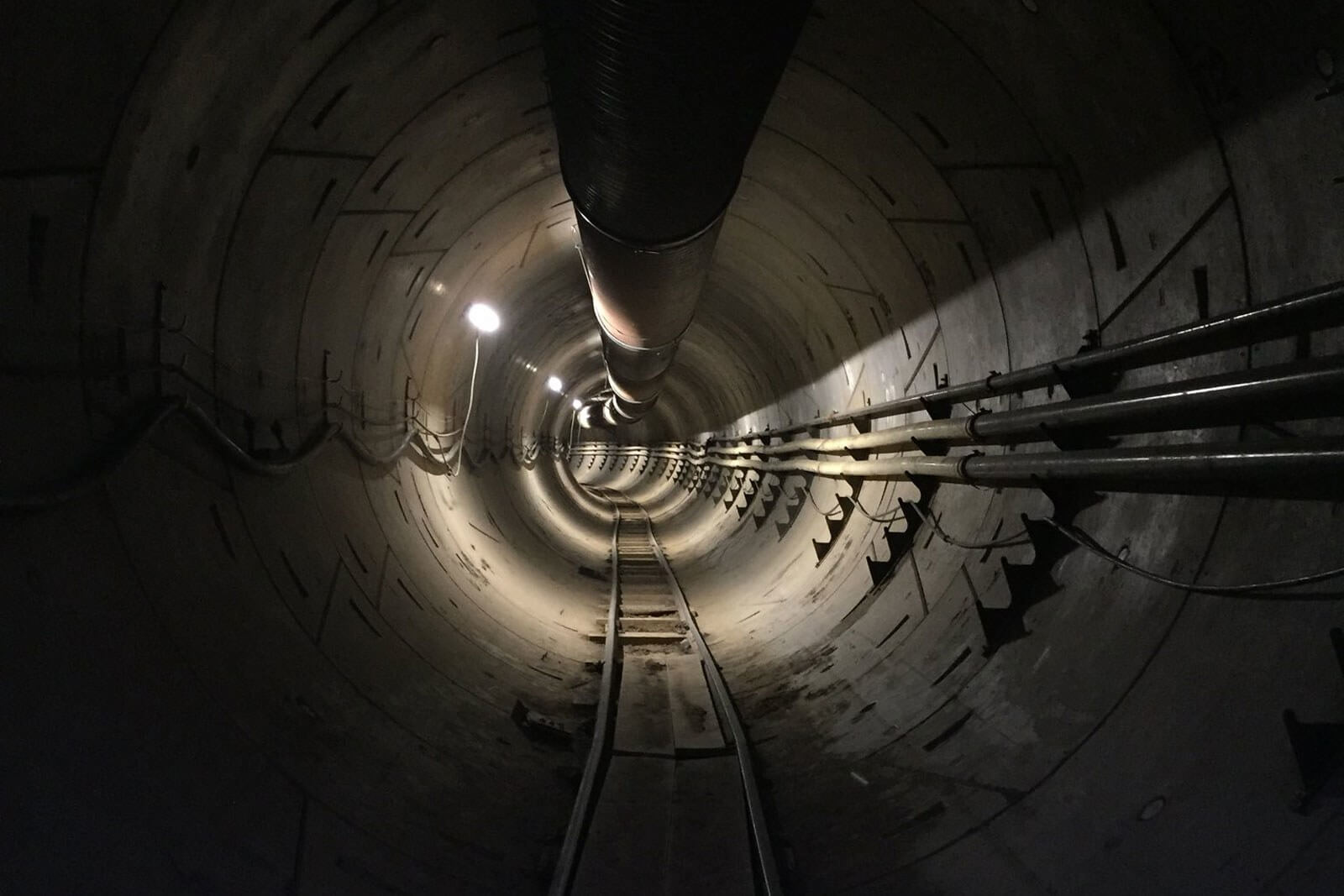Elon Musk on Thursday evening hosted a public “information session” regarding his work with The Boring Company, a side project of sorts that aims to dig tunnels under major cities to help manage “soul-destroying traffic.”
Musk kicked off the chat session by blasting the flying car movement, citing the potential dangers – someone isn’t going to service their car properly, it’ll drop a hubcap and guillotine someone – and the unforeseen noise their spinning rotors will add to the environment. Like the man or not, he brings up valid points.
As Musk sees it, roads must go 3D and the only logical way to do that is to go down – underground.

In theory, you could have hundreds of levels of tunnels (versus something like a highway with a fixed number of lanes) that wouldn’t detract from life above ground (you wouldn’t see them or hear them). They’re also “weatherproof” and according to Musk, way less nerve-wracking than flying cars.
Perhaps most interesting of all was Musk’s admission that transportation pods could zip up to 16 passengers at a time from point A to point B for just $1 per person. He also revealed that they repurposed Model 3 motors and battery packs to create locomotives to haul dirt out of the tunnels and are making bricks out of the dirt that could be sold for around $0.10 each.
Those interested in learning more about The Boring Company’s plans should check out the firm’s extensive FAQ and take in Musk’s hour-long information session.
https://www.techspot.com/news/74704-elon-musk-holds-public-information-session-regarding-boring.html